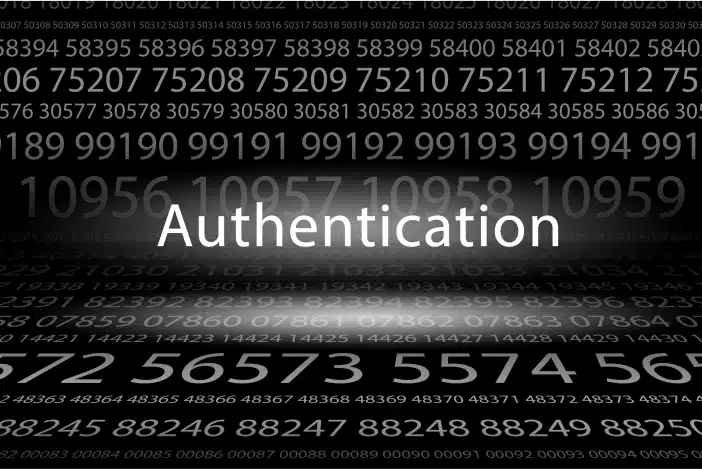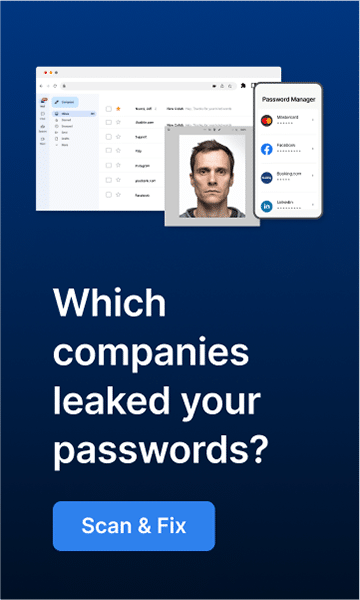Browsing incognito is very easy. In most cases, you simply open your browser of choice, click on the menu at the top right and select the option to open a new window in private browsing. Many people believe that by browsing in private, they are fully protected when visiting all types of websites. However, incognito browsing does not guarantee that your data is totally safe. While browsing incognito has its benefits, it is also necessary to take extra precautions to ensure security.
Here is what you must know about browsing Incognito
Although Incognito mode offers more privacy than regular browsers, it does not guarantee complete anonymity. Third parties can still track your online activity even if you browse in private mode. Although other users won’t be able to see your browsing history, your Internet Service Provider (ISP) and network administrator will have that information. If you use Incognito browsing for school or work, remember that your network administrator can track all of your online activity. For example, even though your private browser won’t save browsing history, cookies, or any data you enter on websites – like card details or passwords – some sites can still use cookies to track your activity.
For example, whenever you log into Gmail on an incognito browser, it uses cookies to track your activity so that relevant ads are served and social emails are received. While Chrome’s incognito mode can block third-party cookies, this may result in the site not working correctly.

Things Incognito/Private Mode Can’t Do
A University of Chicago survey in 2018 discovered that many people need help understanding private browsing features or incognito mode. Incognito/private mode won’t avoid the following things:
- Navigating the web in private mode won’t protect your device from viruses and malware.
- The incognito mode will only guarantee partially anonymous browsing.
- While browsing in private mode, websites can still see your physical location and any bookmarks you save, even when you stop using the incognito mode. This means that your internet service provider (ISP) can still see your online behavior.
Additional measures you must take to enhance your online privacy
Private browsing, or incognito mode, only offers limited protection for your online activity. To enjoy true privacy while you browse the web, you must take other precautions, such as installing an extension to protect your data while browsing and using a VPN.
A browser protection software like Guardio protects you from phishing, malware infection and visiting dangerous sites.
You can use, in addition, a VPN. A VPN encrypts your traffic and masks your IP address, ensuring that nobody can trace your activity back to you.
When you use a VPN with incognito mode, third parties can’t see which websites you’re visiting. Also, A VPN will hide your IP address, so any sites you visit won’t be able to track your activity.
Conclusion
While incognito mode can be a helpful tool for enhancing your online privacy, it is essential to take additional measures to protect yourself while browsing the web. To ensure that your data remains safe and anonymous, you should use tools like browser protection software and VPNs in addition to private browsing features. With these extra precautions, you can browse with peace of mind.

